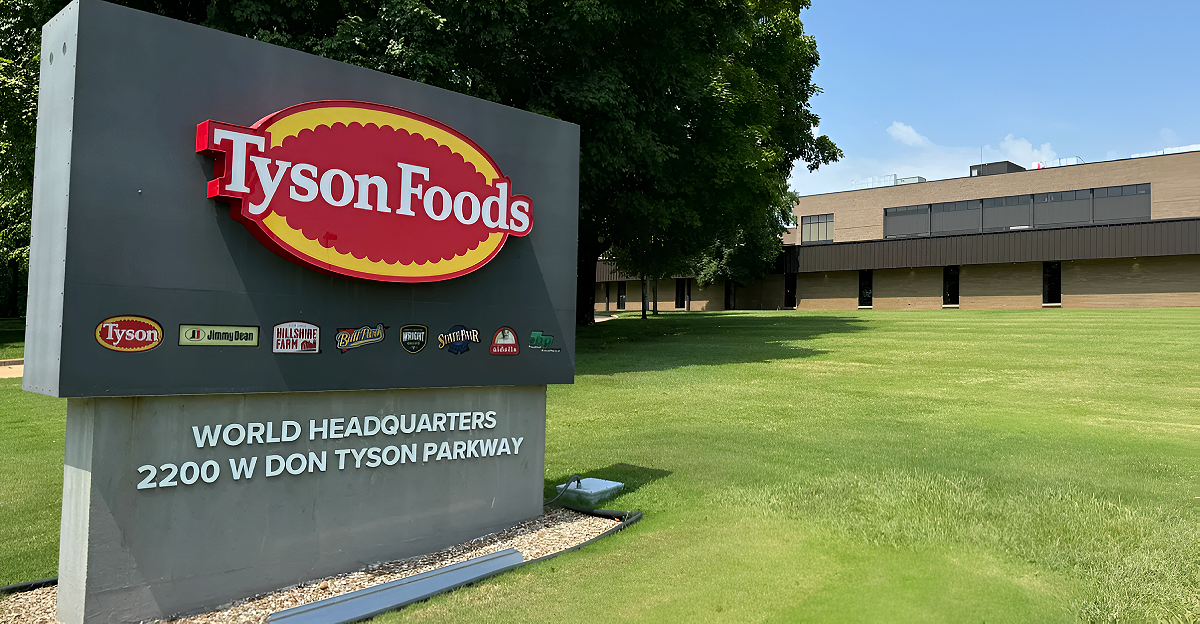
America’s largest food manufacturers are racing to adapt as health officials focus on synthetic additives in processed foods. Robert F. Kennedy Jr.’s “Make America Healthy Again” Commission cites these ingredients as contributors to chronic diseases. The regulatory climate is changing rapidly.
Multi-Billion Dollar Reformulation Wave Sweeps Industry
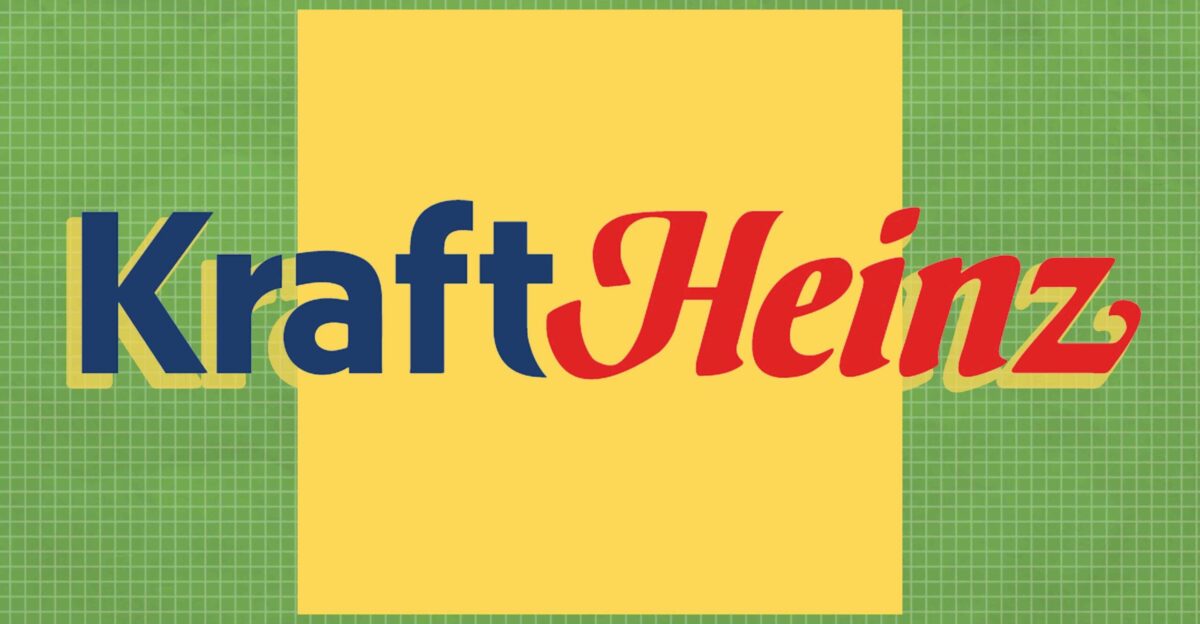
Leading companies such as Nestlé and Kraft Heinz are committing to removing synthetic dyes and controversial sweeteners. The global clean-label market, valued at $120.03 billion in 2022, is expected to reach $168.3 billion by 2030.
America’s Largest Meat Producer Makes Bold Gamble
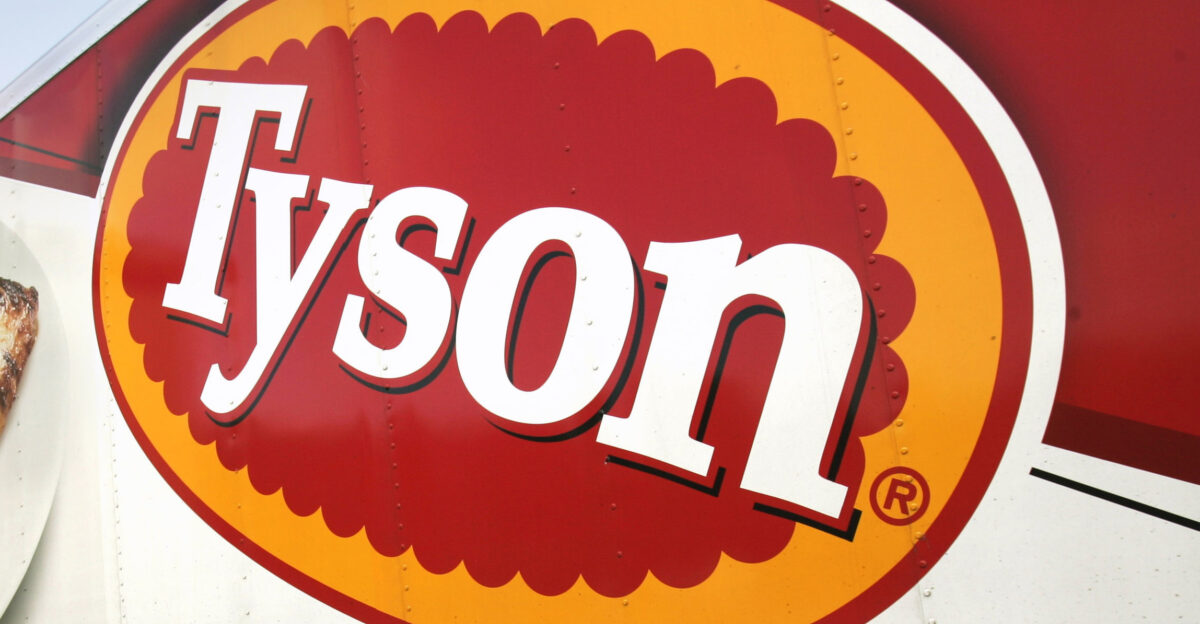
Tyson Foods is embarking on an ambitious reformulation journey. The company will eliminate high fructose corn syrup, sucralose, BHA/BHT, and titanium dioxide from its popular brands like Jimmy Dean and Hillshire Farm. This timeline is particularly aggressive.
December 31, 2025: A Hard Deadline for Change
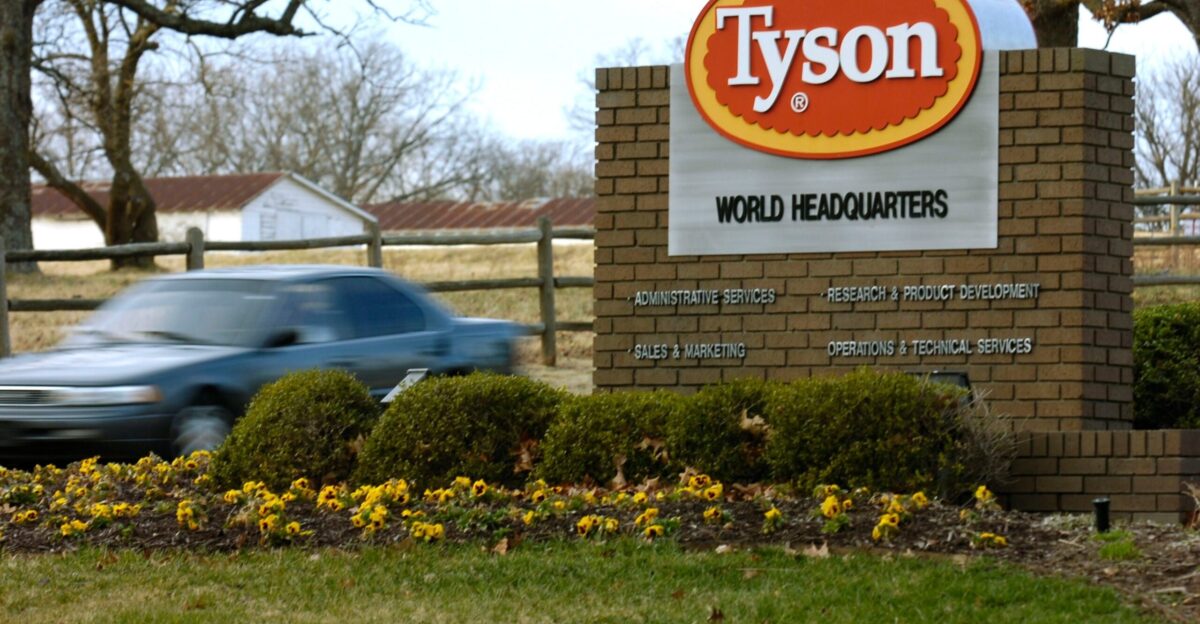
Tyson’s U.S. branded portfolio must be entirely corn syrup-free by December 31, 2025. This non-negotiable deadline sets a key milestone in clean-label transitions within the industry, pressuring supply chains and manufacturing processes nationwide.
Four Target Ingredients Face Complete Elimination
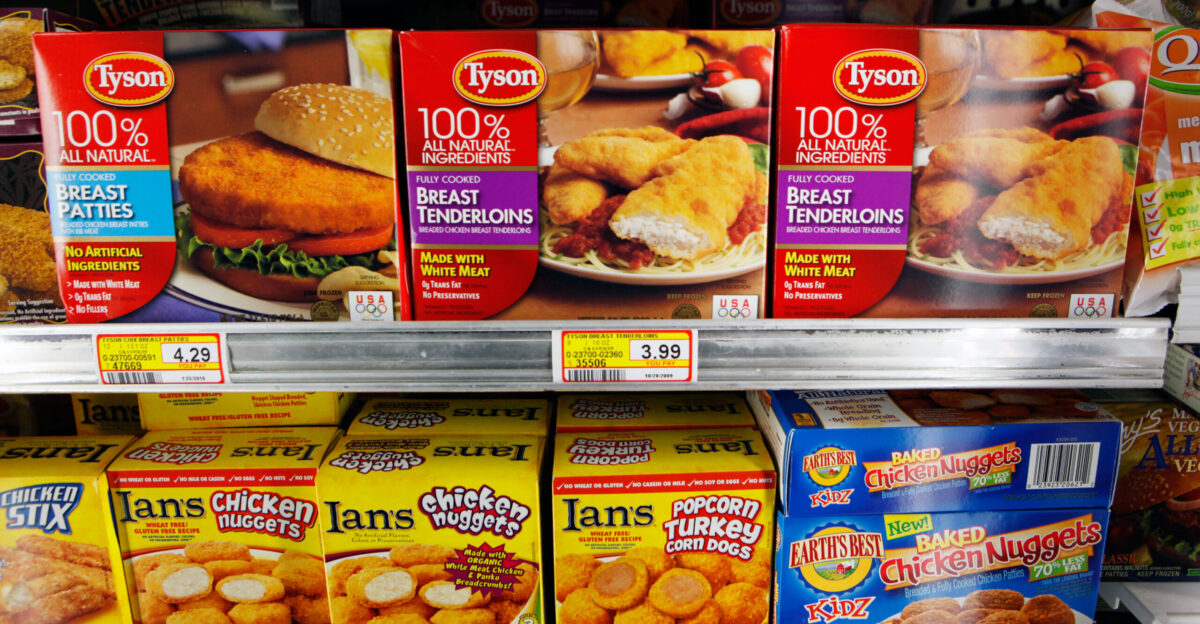
The company is focused on removing four key ingredients: high fructose corn syrup, sucralose, BHA/BHT, and titanium dioxide from all domestic products. These substances are FDA-approved but are under increasing scrutiny from health advocates linking them to health concerns.
Iconic Brands Undergo Historic Transformation

Notable brands affected include Tyson chicken products, Jimmy Dean breakfast items, and Hillshire Farm deli meats. Each must retain taste and quality while removing controversial additives, marking a significant shift in their manufacturing processes.
CEO Stakes Company’s Future on Clean Label Promise

CEO Donnie King stated, “Our decision to remove high-fructose corn syrup and other ingredients reflects our ongoing commitment to feeding the world like family.” This vow signifies Tyson’s dedication to maintaining consumer trust while reformulating their products.
Political Pressure Accelerates Industry Transformation

The Make America Healthy Again Commission highlights processed sugars like high-fructose corn syrup as contributors to serious health issues. This intensifies regulatory pressure on food manufacturers to reformulate their offerings effectively.
Trump Administration Targets Ultra-Processed Foods

Over 120 initiatives have emerged from the Commission aimed at reversing America’s childhood chronic disease epidemic. These initiatives focus on eliminating harmful chemicals from the food supply and improving labeling standards.
Consumer Health Concerns Drive Market Demand
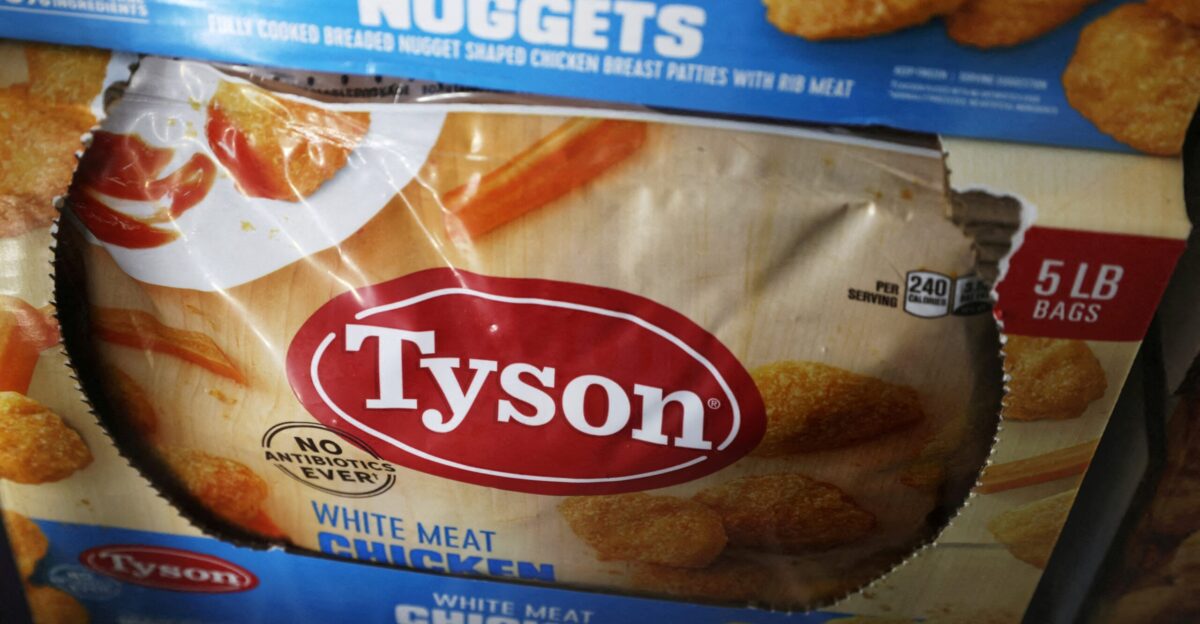
Research indicates that 68% of consumers actively seek items labeled as “no artificial ingredients.” Health organizations criticize certain FDA-approved additives for their connections to emerging health issues, raising consumer awareness and demand for change.
Clean Label Products Command Premium Pricing
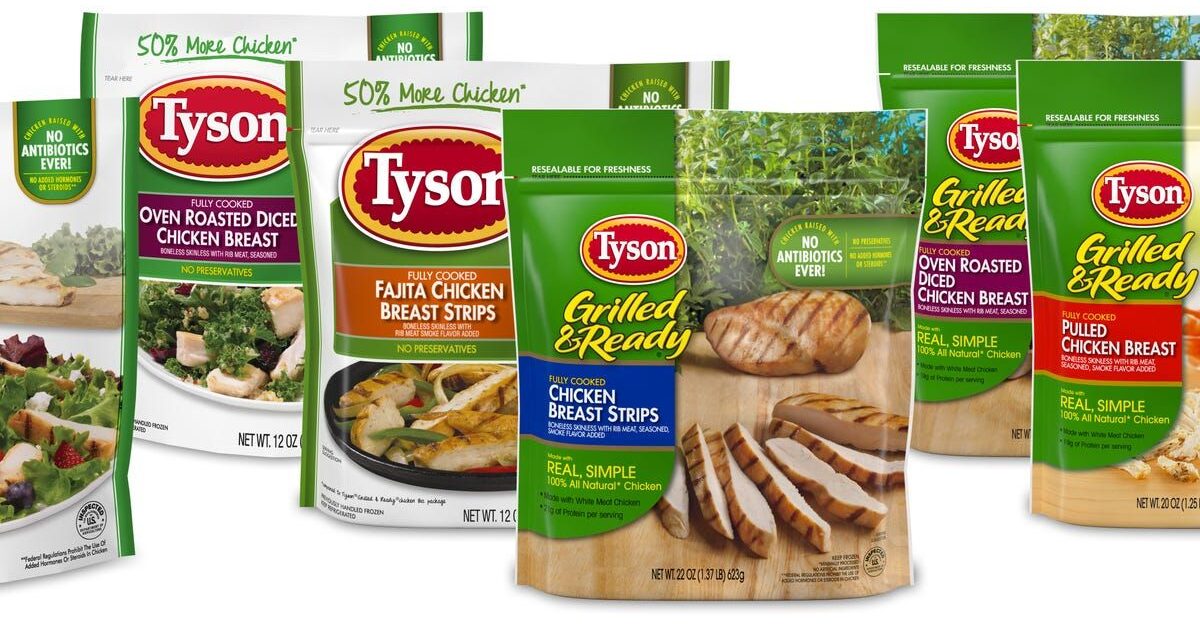
Premium clean-label products can achieve 20-30% higher price points than their conventional counterparts. This growing trend presents a $20 billion market opportunity in the U.S., encouraging reformulation despite associated costs.
Competitive Landscape Intensifies Reformulation Race
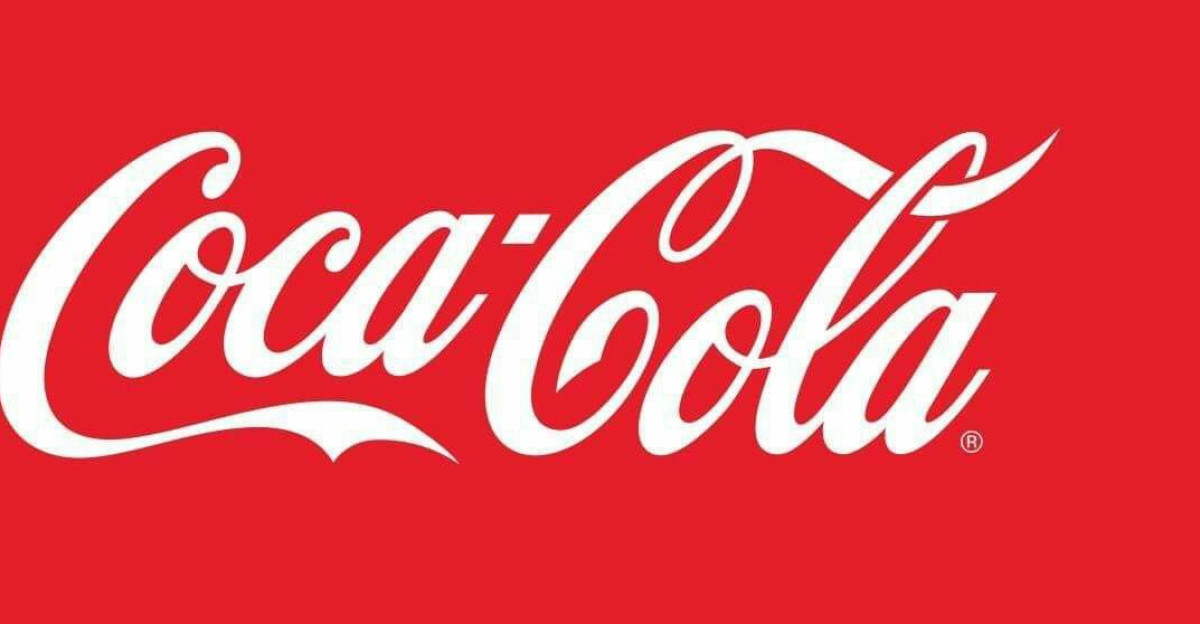
Coca-Cola has introduced a new product flavored with U.S. cane sugar, opting against corn syrup. With projected growth of 12% annually through 2027, the $12 billion processed meat category faces increasing competition for health-focused consumers.
Historical Precedent Shows Reformulation Risks
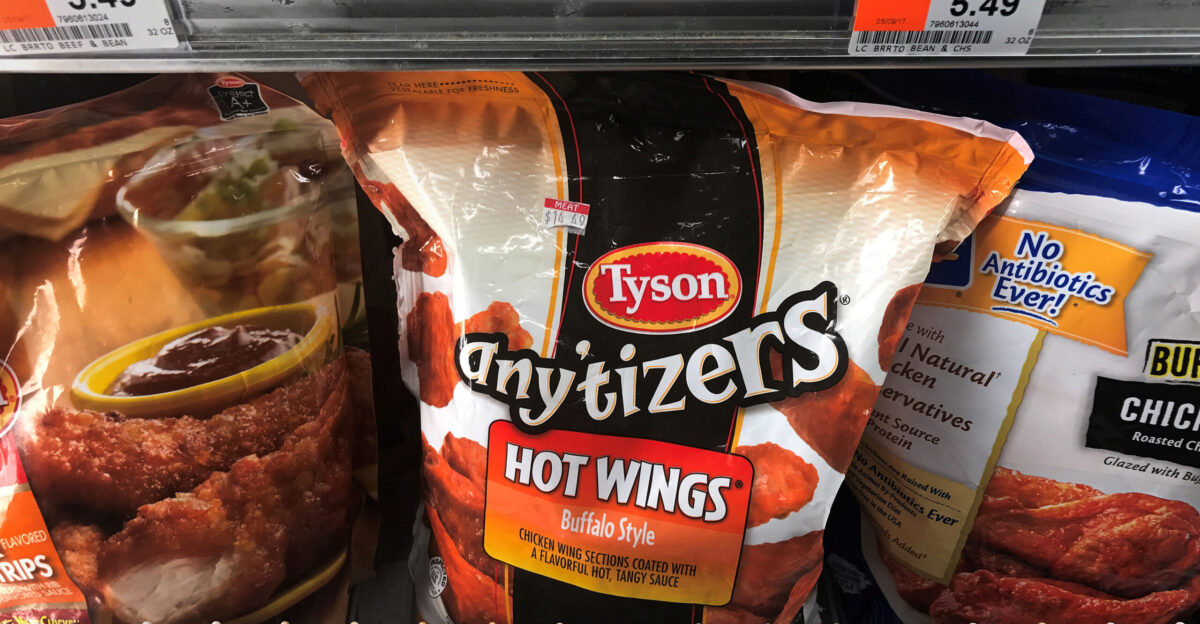
Past reformulation attempts reveal the necessity of preserving taste profiles while removing controversial ingredients. Acceptability often improves when such changes are gradual, accompanied by clear health benefit explanations.
Voluntary Move Goes Beyond Regulatory Requirements
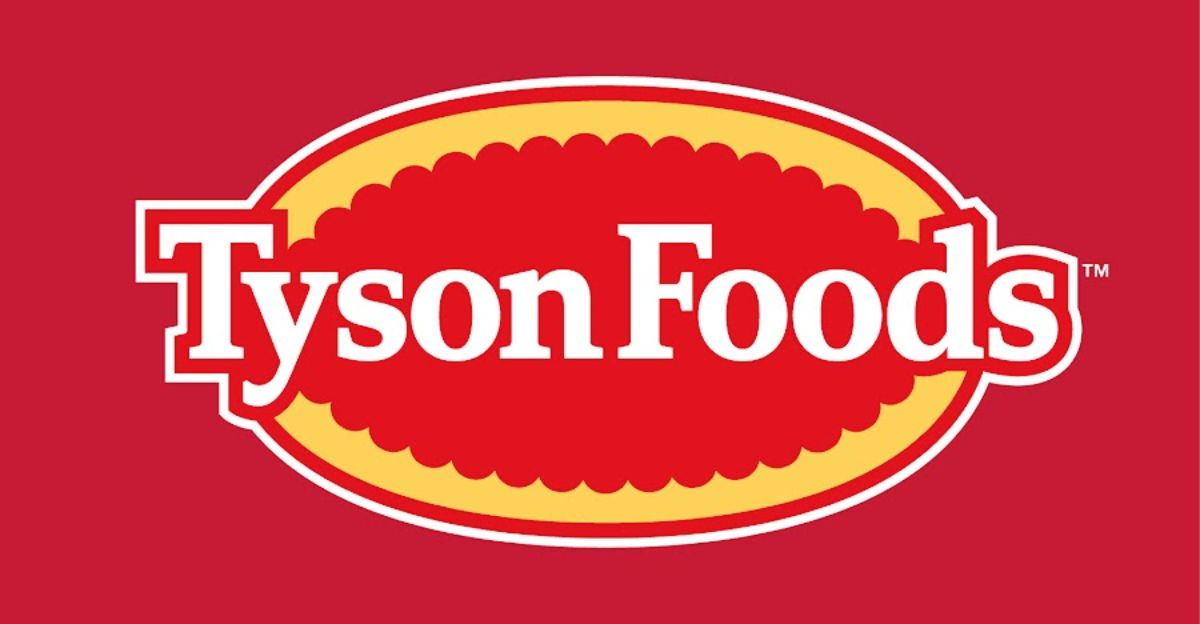
Tyson emphasizes its proactive role in removing FDA-approved ingredients from its lineup. This positions the company as a leader in the clean-label movement, showcasing its commitment beyond mere regulatory compliance.
Supply Chain Complexity Threatens Timeline Achievement
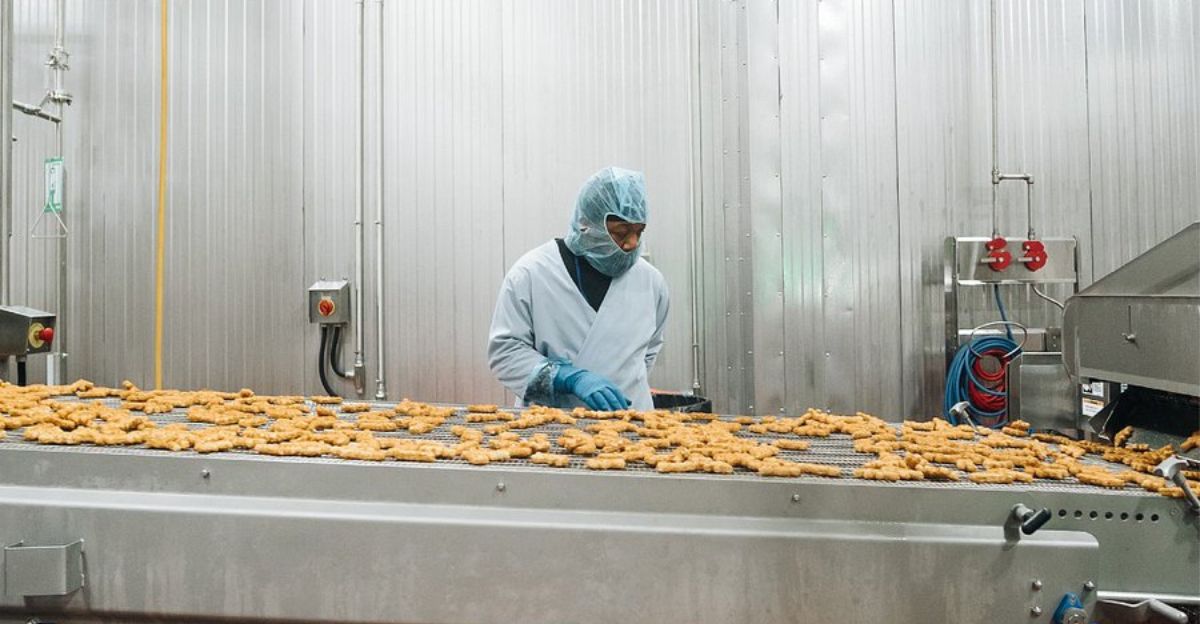
The reformulation process for popular processed meats involves substantial logistical challenges, including ingredient sourcing and production adjustments. Natural alternatives may alter product appearance and flavor, complicating the transition.
Corn Growers Face Reduced Demand Impact
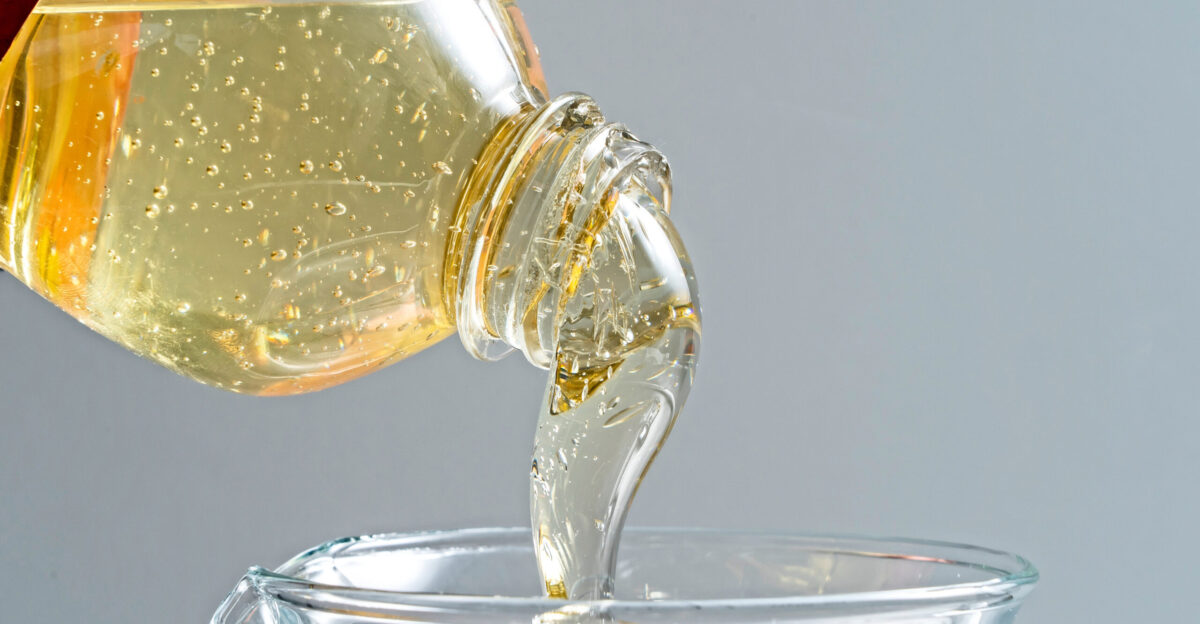
Total elimination of domestic high fructose corn syrup demand could lead to national corn price declines between $0.15 and $0.34 per bushel. This would result in estimated cash receipts reductions of $2.2 to $5.1 billion for corn growers.
Consumer Acceptance Remains Critical Unknown
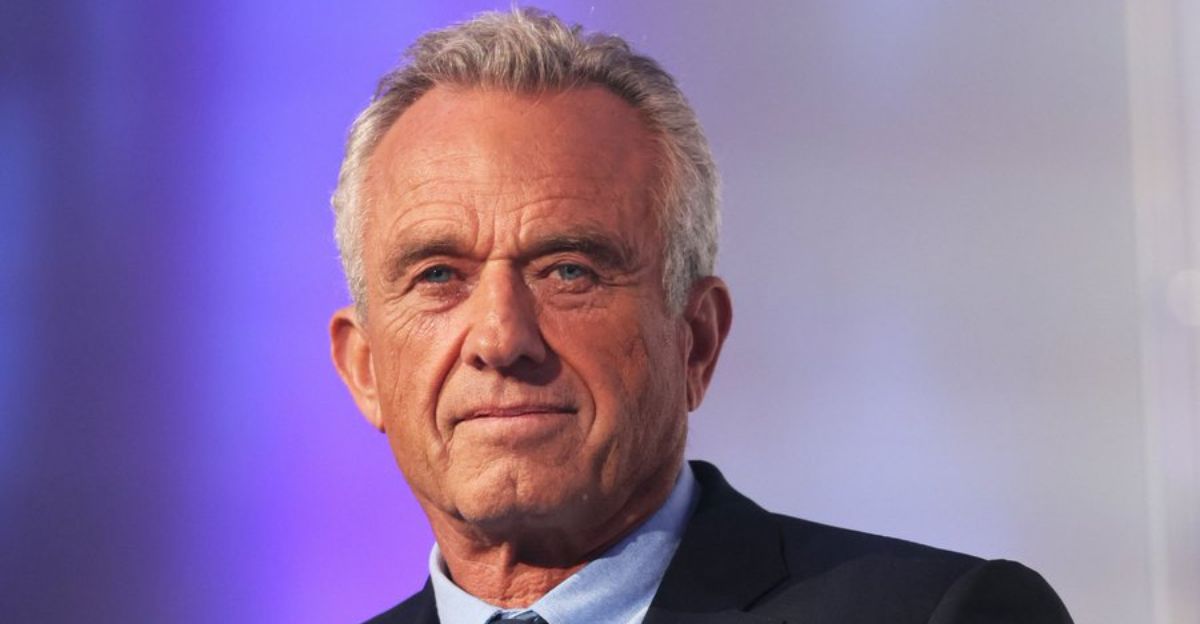
Successful reformulations often require a gradual introduction, backed by clear health benefits. Subtle product changes, referred to as “stealth reformulation,” can effectively appeal to a wide range of consumers.
Industry-Wide Transformation Accelerates
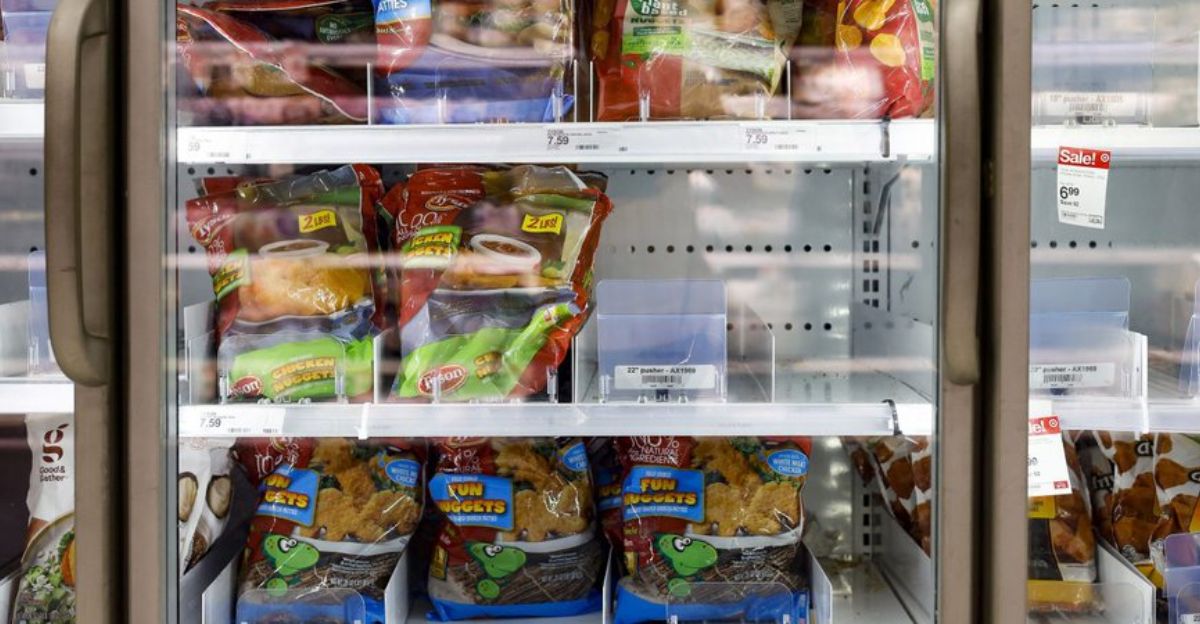
Tyson’s ambitious timeline pressure urges competitors to enhance their reformulation efforts or risk losing market share. This proactive strategy signals that voluntary changes may stave off more stringent regulations from health authorities.
The New Era of Food Transparency Begins
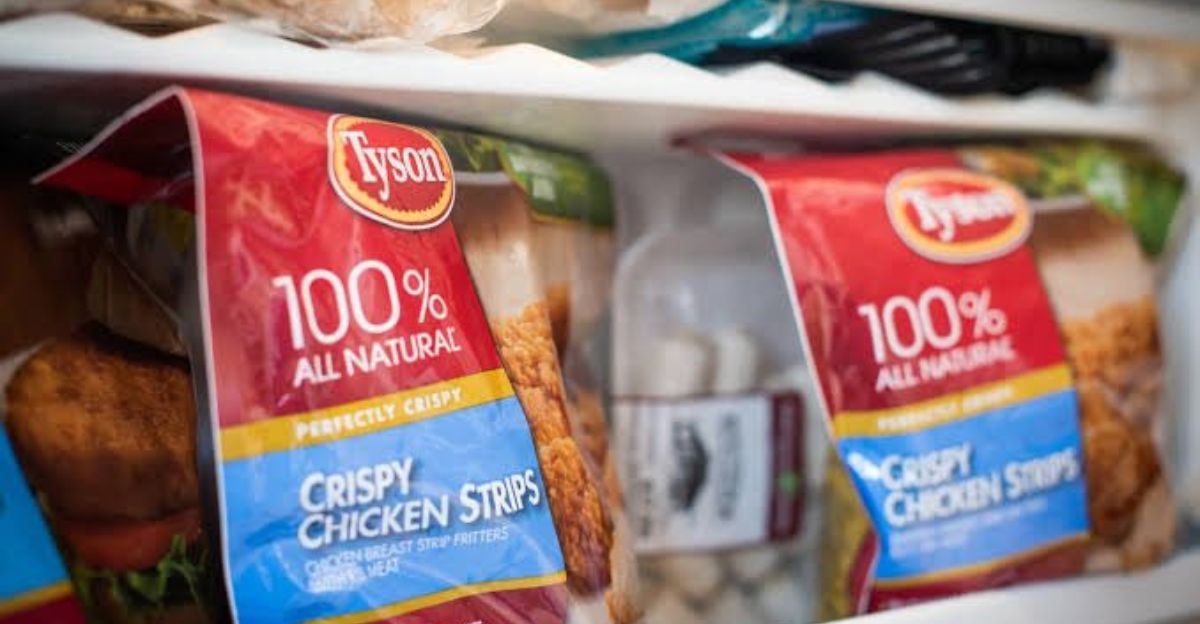
Tyson’s 2025 deadline represents a decisive shift toward transparency in food production. The Trump administration reports that approximately 35% of the American food industry is already committed to eliminating artificial dyes, signifying a nationwide transformation.